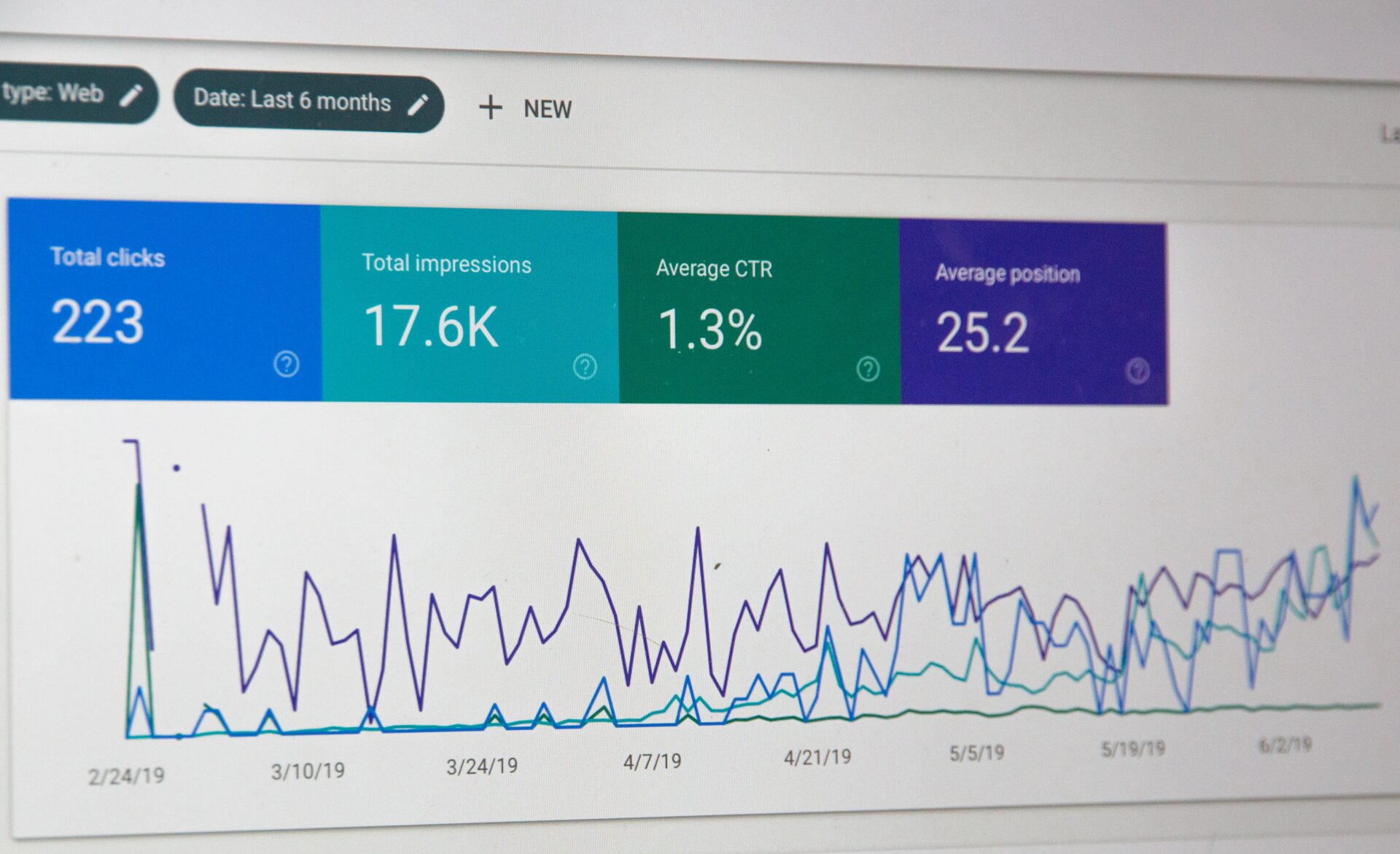“Want to improve your online presence? That’s easy, invest your marketing budget in SEO or SEM!” says the digital marketing expert to the business owner.
If only it was that simple!
While both of these digital marketing strategies aim to improve your search engine results and generate more website traffic, they do so in their own unique ways. And one strategy may be more beneficial to your operation than the other.
Before you try to navigate the search marketing world of evolving algorithms and discerning audiences, you need to understand what these two marketing strategies mean, learn how they work, see the results they can generate, and determine which option works best for your business needs.
Key takeaways to understand the differences between SEO and SEM:
- Understand the definitions of and differences between SEO and SEM
- Take a closer look at the way these two strategies work and the type of results they produce
- Determine which strategy is the right one for your business
- Speak with a marketing expert to design the best SEO or SEM strategy for your business
SEO and SEM defined
The first step in understanding the differences between SEO and SEM is to first understand what each of these terms means.
Search Engine Optimization (SEO) uses various techniques to generate organic or free traffic to your website. This is a long-term strategy that takes time to produce results.
Search Engine Marketing (SEM) drives website traffic through ads purchased on Google, Yahoo, Bing, and other search engines. This is a short-term strategy that typically produces more immediate results.
While some experts consider SEM a more broad, all-encompassing strategy that includes SEO under its umbrella, the general consensus believes otherwise. While both share some commonalities, SEO and SEM are two separate strategies that can provide success for your business when managed and monitored effectively.
SEO – a closer look
As we mentioned above, SEO uses many different techniques to drive organic traffic to your website and improve your search engine result rankings. These techniques can be broken down into three categories: Technical SEO, On-Page Optimization and Off-Page Optimization.
Let’s look at these three categories:
Technical SEO
A website is only as good as its foundation. When a site is poorly designed, slow to load, not optimized for mobile, or isn’t secure, then search engines are going to give it a low ranking, or worse, not rank it at all.
Technical SEO ensures that site speed, security, mobile-friendliness, and other behind-the-scenes elements (such as schema markup) are optimized for better search engine and user experiences which in turn improves its search result rankings.
On-Page SEO
Just like its name indicates, On-Page SEO optimizes your website’s individual landing pages to target keywords favored by search engines and their users.
This SEO technique involves a series of flexible and customizable strategies such as meta titles, meta descriptions, short- and long-form content, videos, audio, clips, images, and internal and outbound links that help search engines better understand the purpose of a website and its various pages. When this happens, the site ranks higher in search engine results.
Off-Page SEO
Off-Page SEO generates free, organic traffic to your website via third-party channels such as high-quality websites, social media pages, and influencer blogs. This is mainly accomplished through a technique known as link building where these other websites, social media pages, and third-party outlets link back to your website. These backlinks demonstrate your website’s trustworthiness to search engines which helps increase your search rankings.
SEM – a closer look
SEM involves using paid advertisements (commonly referred to as Pay-Per-Click (PPC) or Cost-Per-Click (CPC) ads) to gain website visibility on search engines. This form of digital advertising allows you to target search engine users based on their exact or related search engine queries.
Understanding your customers’ interests and intents allows you to create well-considered strategies to identify and address them directly through SEM. By focusing on aspects such as demographics, and purchasing history, you can ensure that your paid advertising budget is spent specifically on the exact audiences you want to connect with.
Utilizing a paid ads strategy allows you to increase the visibility of your web pages, services, and products as needed. During paid SEM campaigns, your ad has the opportunity to appear at the top of search engine results based on particular factors like keywords usage, audience demographics, and a keyword auction system that is mostly budget-based.
There is also a lot of flexibility in SEM to better monitor ad success and manage your budget. If an ad is performing well, you can increase your budget and extend its duration to build on its momentum. If an ad is underperforming, you can make real-time adjustments to right its course or end the campaign to stop the ad spend. A/B testing allows you to measure ad “A” against ad “B” to see which ad format/style engages the most interest and generates the best results.
Choosing SEO and SEM keywords
SEO and SEM strategies both rely on the use of keywords to reach target audiences, improve search rankings and generate website traffic.
One of the best free tools available to quickly generate keyword ideas for your SEO strategies is a simple Google search. Simply type in a few words or phrases that are relevant to your business, services, or products in the search bar, and use the auto-suggestions and results provided as the foundation for your SEO keywords base
For SEM purposes, Google Ads provides a tool called the Keyword Planner that helps you identify your best terms and phrases to promote in your ads. Depending on your immediate budget, you can choose keywords based on their competitiveness. The broader a search term (like “shoes” or “cars”), the more expensive it will be since many other companies vying for the same position.
Like all marketing budgets, an SEM campaign needs to be carefully monitored and dynamic in order to achieve success. If your ads are in “set it and forget it” mode, how will you know if you are targeting the right keywords and audiences? SEM provides you with the ability to track, learn, and adapt your paid ad according to your needs as well as the demands of the online market.
Tracking and monitoring SEO and SEM
Unlike traditional print and media advertising campaigns, digital marketing in the form of SEO and SEM allows you to better track and monitor your campaigns and generate reports to study, compare and contrast the results.
Campaign monitoring through Google Analytics and Google Ads reports are excellent ways to track how many people have seen, clicked, or even called from your website based on your SEO and/or your SEM campaigns.
SEO or SEM?
Now that we understand the definitions of SEO and SEM, explored techniques each employs to generate traffic, learned ways to discover keywords, and discussed tools available to measure the effectiveness of SEO and SEM strategies, it’s time to consider which option is best for your business.
It is important to note, SEO and SEM are not mutually exclusive. In fact, there are many cases where the most success comes from creating a digital marketing campaign that uses both of these strategies to complement each other. That’s where an experienced digital marketing agency can help. Knowing how to reach your target audiences, introduce your business to them, and ask them to interact with your presence online is our speciality. By working with SEO and SEM experts, you get to reap the benefits of these strategies while you focus on what YOU do best!
How to create an SEO or SEM strategy
Between your expertise and the professional guidance of Results Repeat, your business has the right combination for success. Our extensive experience with creating purposeful campaigns successfully generates more business for our clients year after year.
Our digital marketing team is ready to learn about your business goals and to partner with you to achieve exciting results. Contact Results Repeat today!




